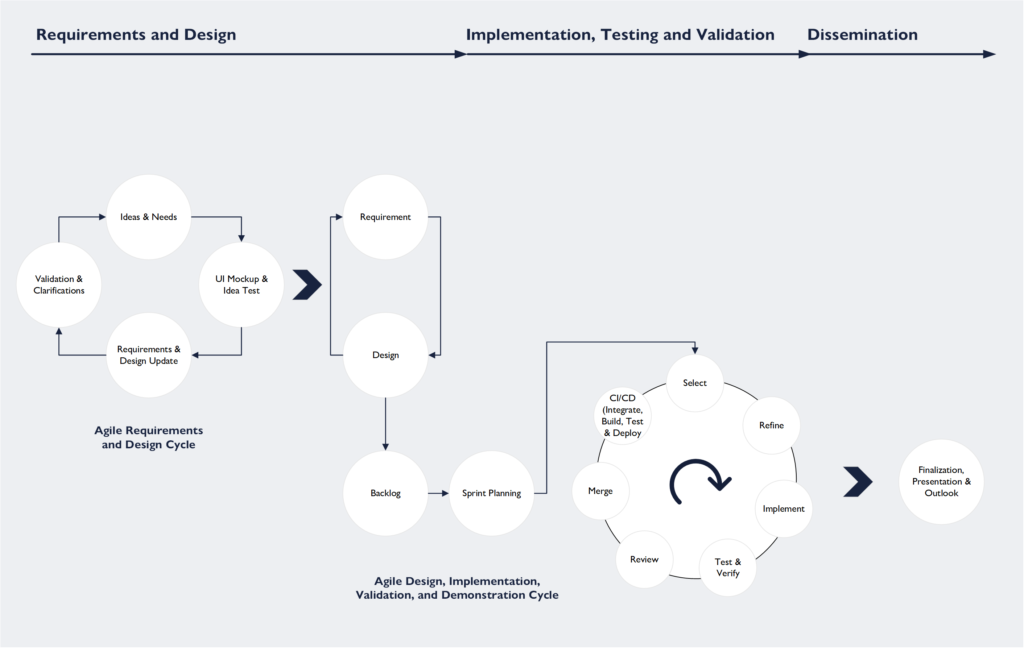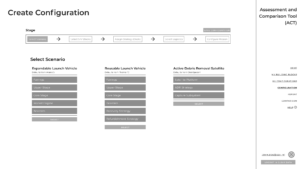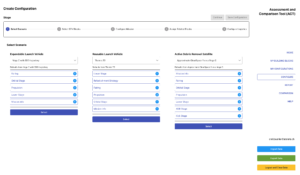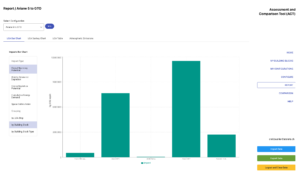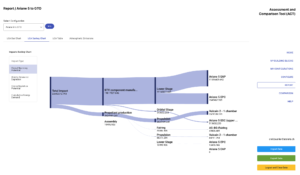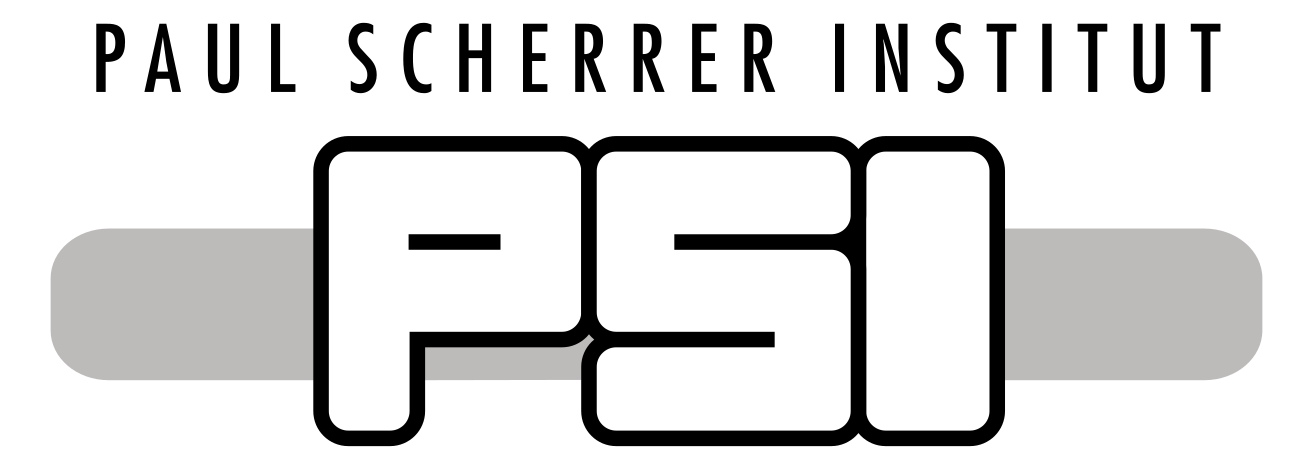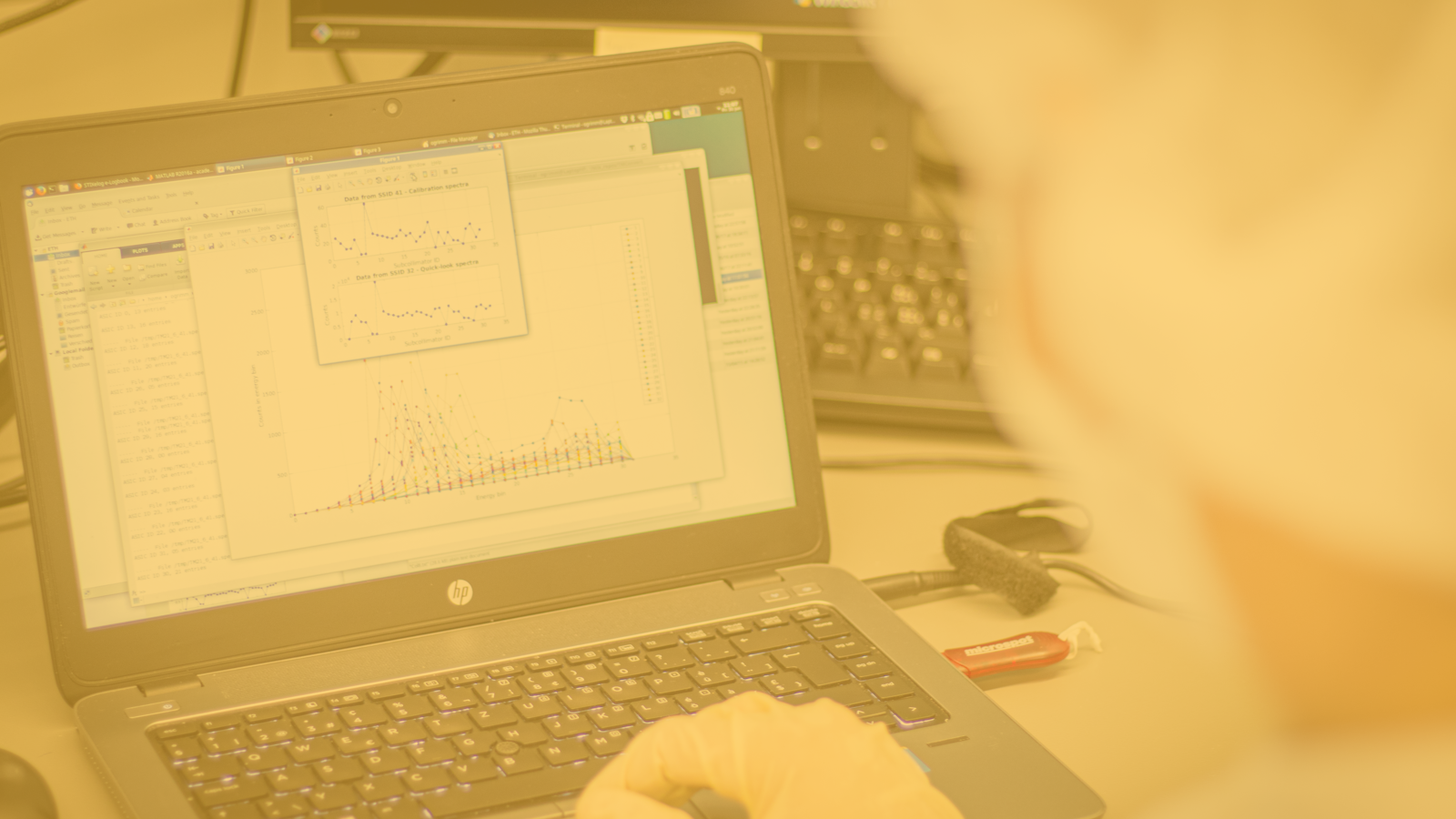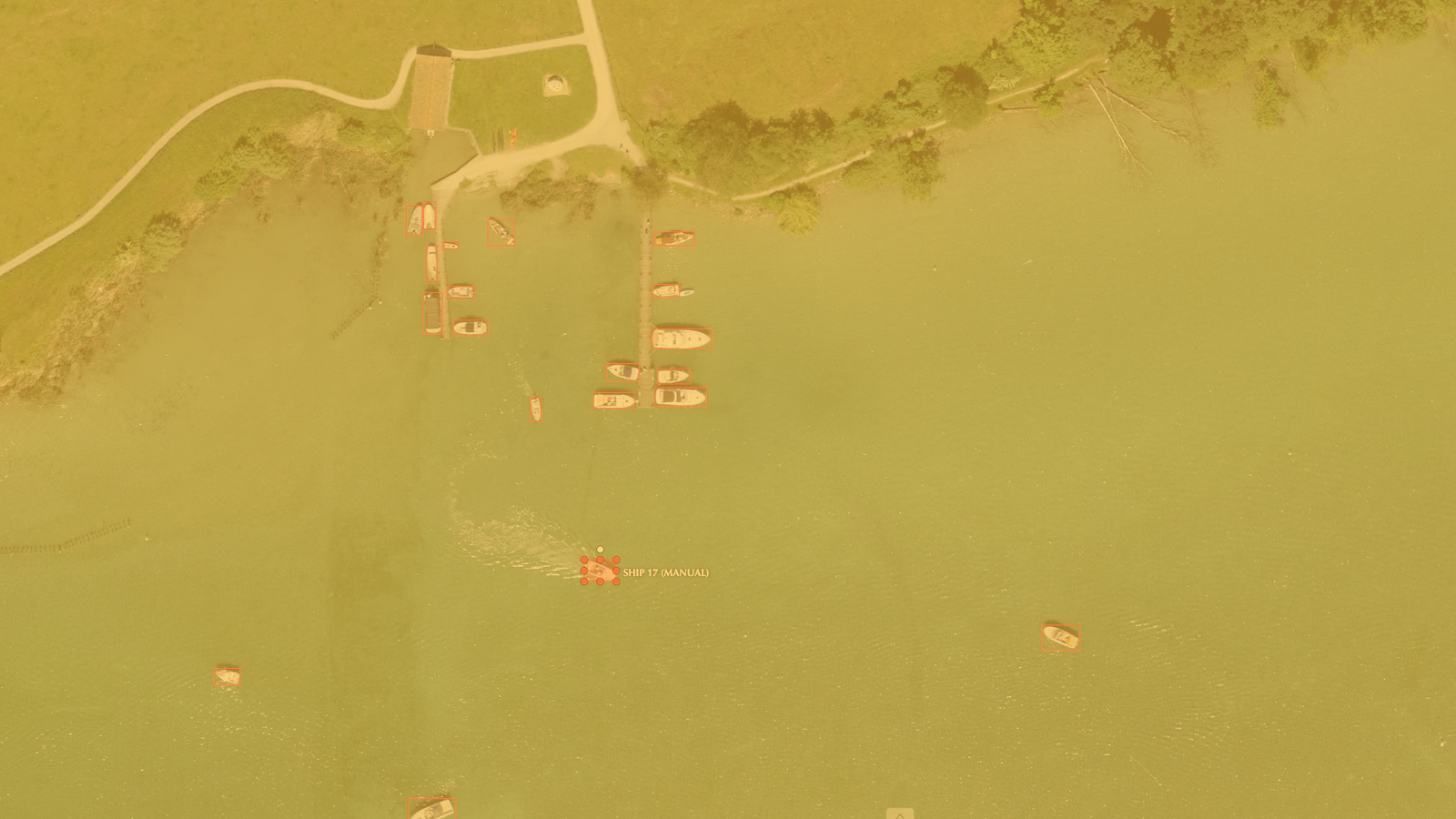
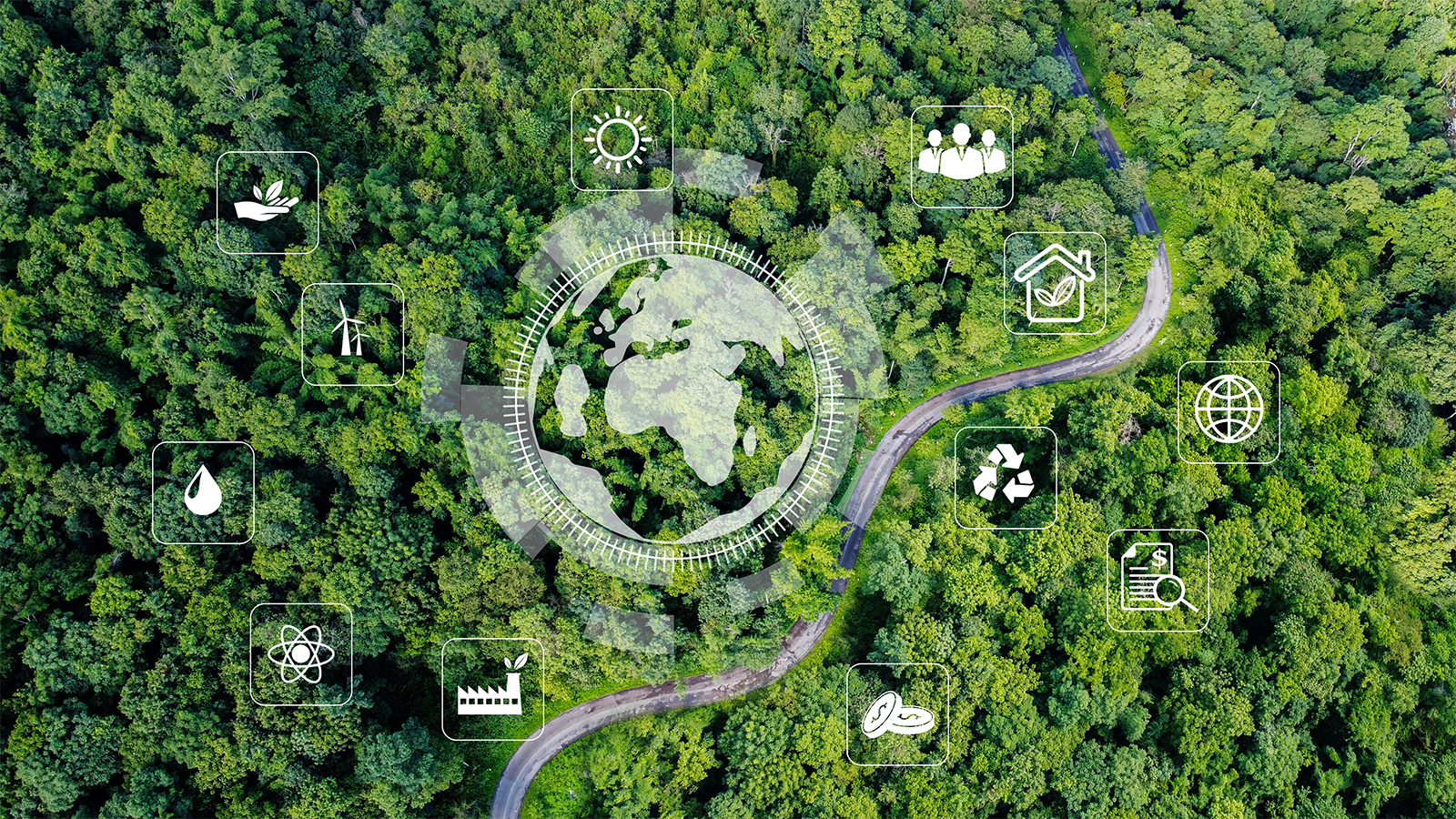
Life Cycle Assessment Platform for Space Transportation Vehicles
Ateleris is part of a consortium with the EPFL Space Center (eSpace) (project lead) and the Paul Scherrer Institute (PSI). Together, we develop the Assessment and Comparison Tool (ACT) for the European Space Agency (ESA). Users can create Space Transportation Vehicles (STV) configurations and perform a Life Cycle Assessment (LCA).
Life cycle assessment (LCA) is a method used to assess the environmental impact of a product, process, or activity. It evaluates the entire life cycle of a product or service, from the extraction of raw materials, through its production and use, to its disposal or recycling. The purpose of LCA is to identify areas where improvements can be made to reduce the environmental impact. The analysis considers energy use, emissions, waste generation, and resource depletion factors. The goal is to create a more sustainable future by reducing the negative impact of products and processes on the environment.
Entirely Agile Software Life Cycle
Ateleris is leading the software design and development effort within the consortium. Our team developed a Software Requirements Specification (SRS) and user interface mockups with the online tool Figma during the requirements and design phase. The SRS helped verbalize hidden, i.e., implicit needs that we could visualize with the mockup and thus improve the quality of additional repeated feedback. This approach allowed us to record and document user interaction processes, directly impacting the later system design and architecture.
After completing the SRS and refining the user interface mockups, we produced a Software Design Specification (DD) that describes a platform architecture compliant with the SRS. The purpose of the DD was not to provide a detailed component design but “flesh” out the requirements into design components, characterize vital architectural decisions, and provide a basis to start preparing the development backlog on Azure DevOps.
The development and deployment process is fully automated using GitHub Pipelines. Regularly reviewed pull requests automatically trigger a test and deployment process and upload the updated platform to our Microsoft Azure Kubernetes cluster.
Key Technologies/Terms
- Life Cycle Assessment (LCA)
- .NET Core, C#
- Python
- GraphQL
- React, TypeScript, SCSS, JSON, YAML
- Auto-deployment pipeline with GitHub Actions (CI/CD)
- OAuth2 / OIDC authentication and authorization with Keycloak
